Every once in awhile, whilst browsing through the vast digital archive that is Flickr, we stumble upon something downright gorgeous. Take today, for instance, when we somehow found ourselves gazing in awe at this vast, colorful collection of Japanese photos from the Meiji Era. The photo collection in question was taken in 1890 by the prominent Japanese photographer Kusakabe Kimbei.
The photographs offer a hypnotic, dreamy glimpse into the everyday life of Japanese living in the Meiji Era.
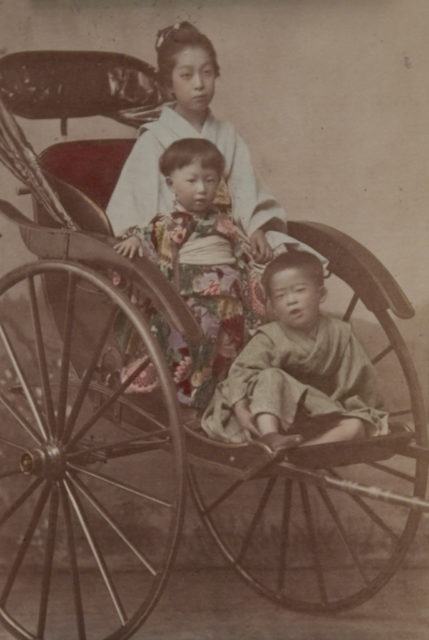
The Meiji period extended from 1868 to July 30th, 1912. It was the period of the first half of Empire of Japan, during which society rapidly evolved into its modern form from being an isolated feudal system. In the Meiji Era, Japan saw significant changes to its social structure, economy, internal politics, and foreign relations. This was also the period when, for the first time in centuries, Japan was opened to visitors and Western Trade.
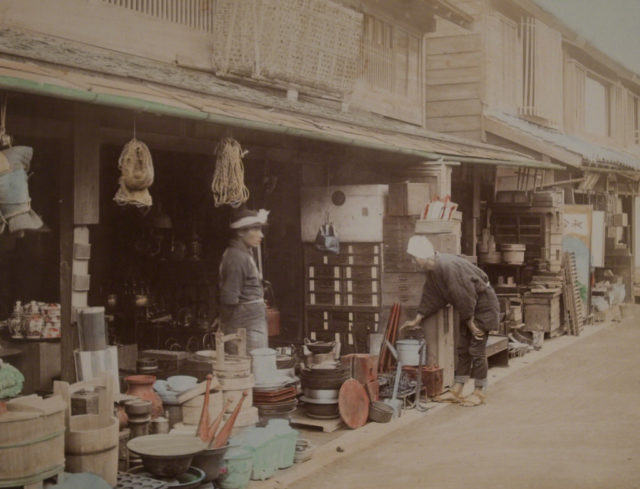
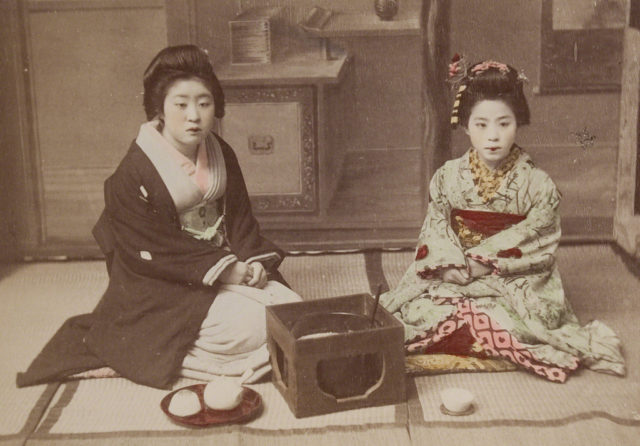
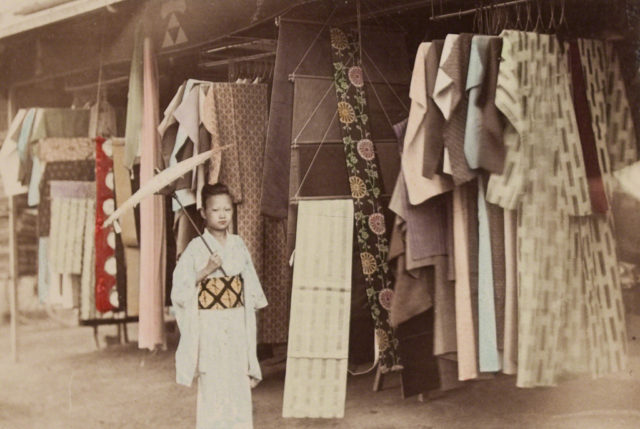
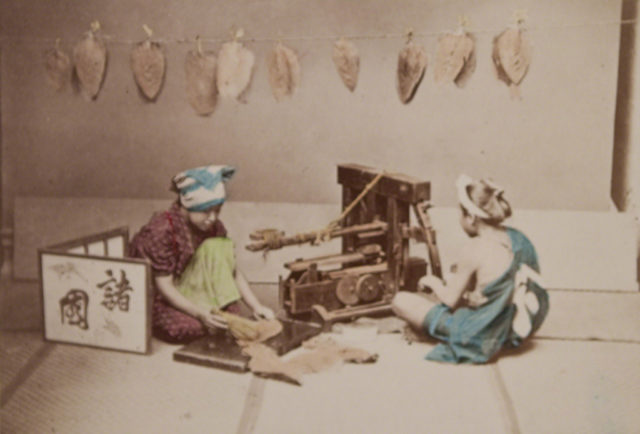
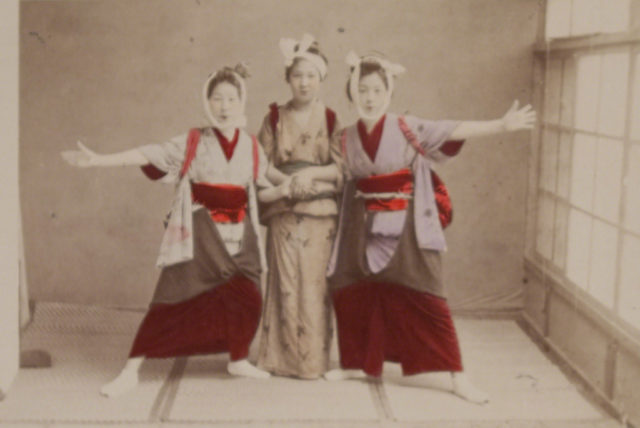
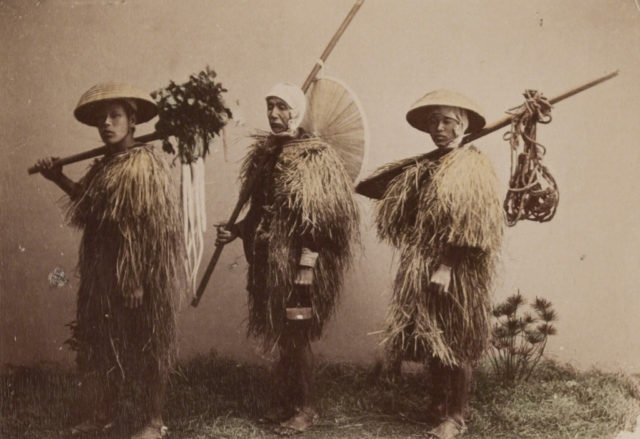
The Meiji era saw public discourse on Japan’s direction flourish. Journalists and politicians debated the best way to blend the new influences from Western culture and merge them with the Japanese culture. The upper class quickly adapted many aspects of Victorian taste.
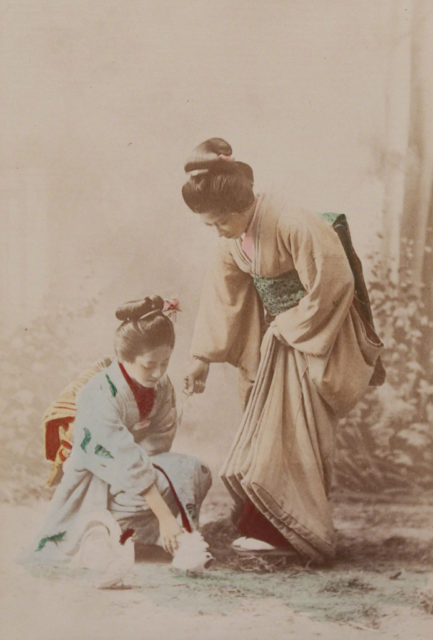
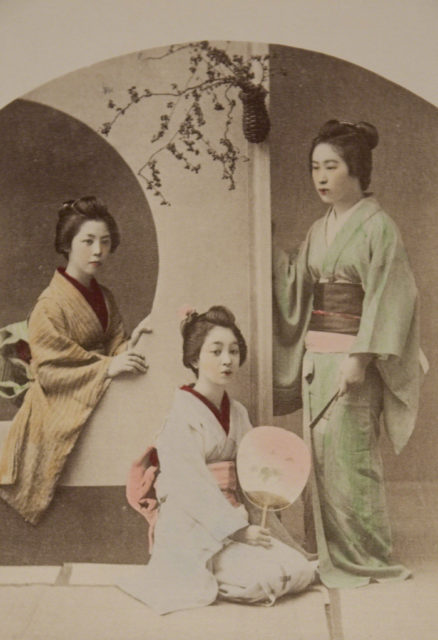
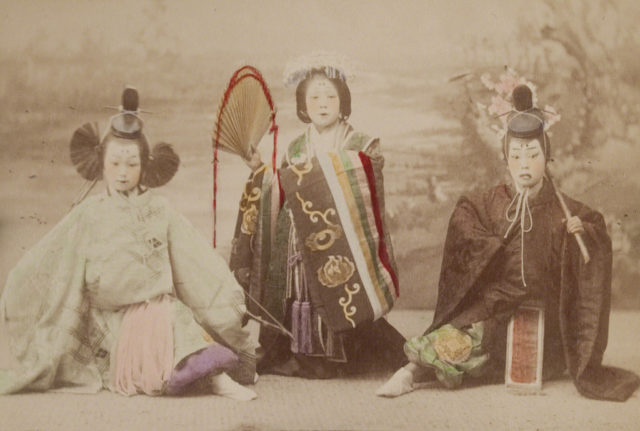
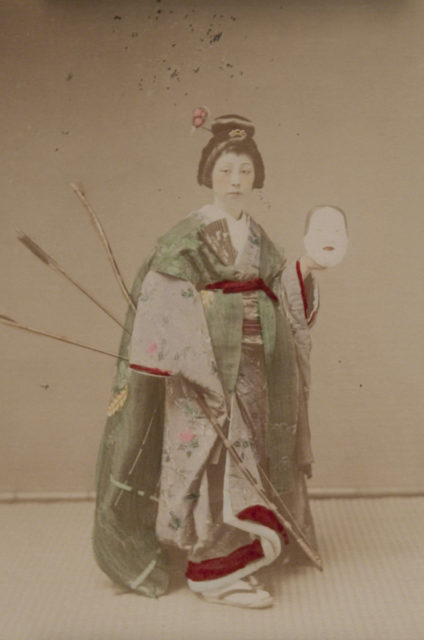
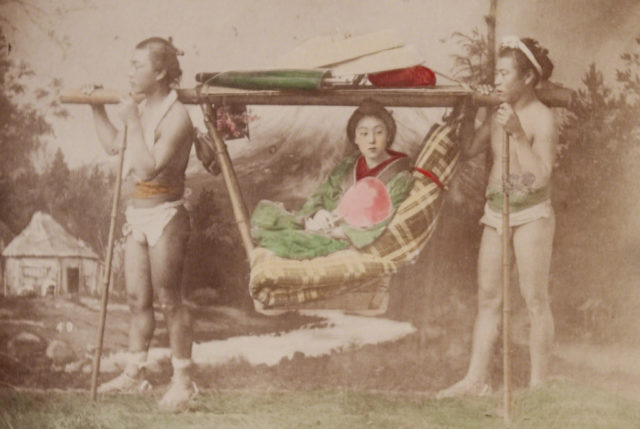
The Meiji Era saw the advent of the Industrial Revolution in Japan. The Japanese government vowed to catch up with the West, building improved roads and railroads and preparing the country for further development. A Western-based education system was inaugurated, allowing thousands of young students to travel in the United States and Europe. Around 3,000 Westerners were hired to teach mathematics, science, and foreign languages in Japan.
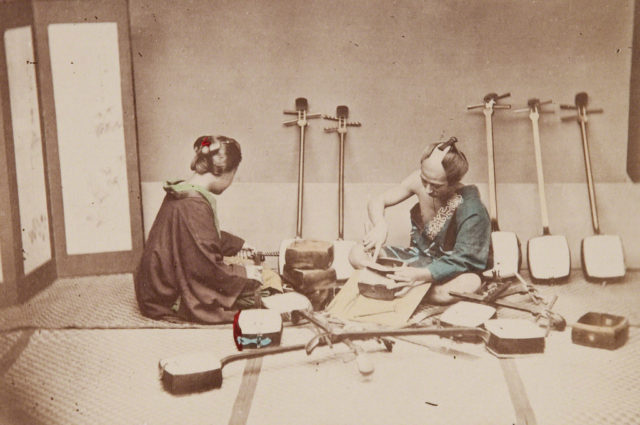
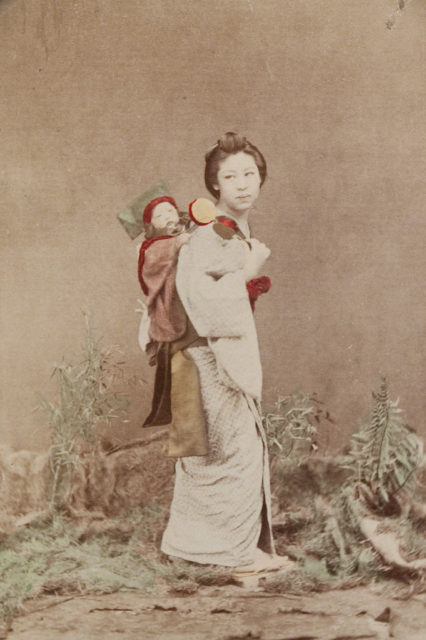
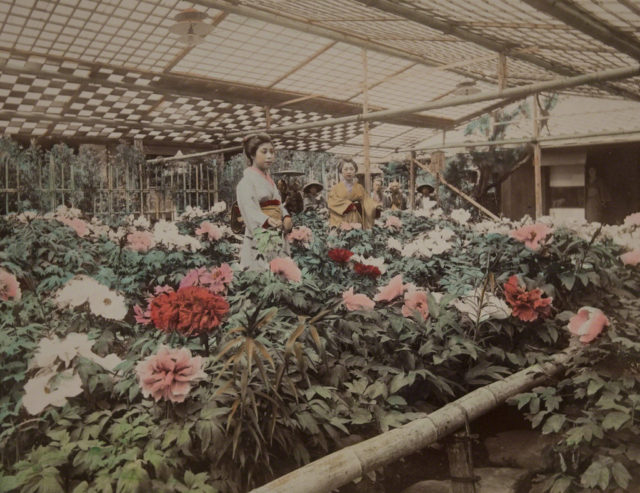
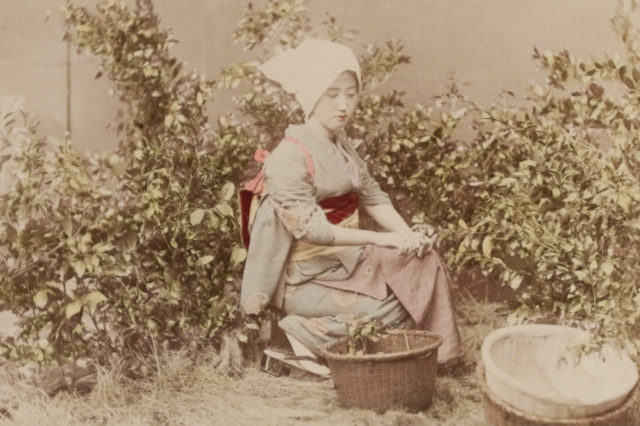
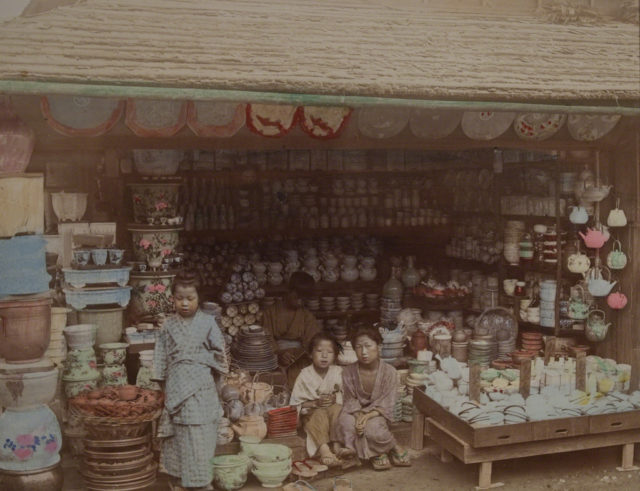
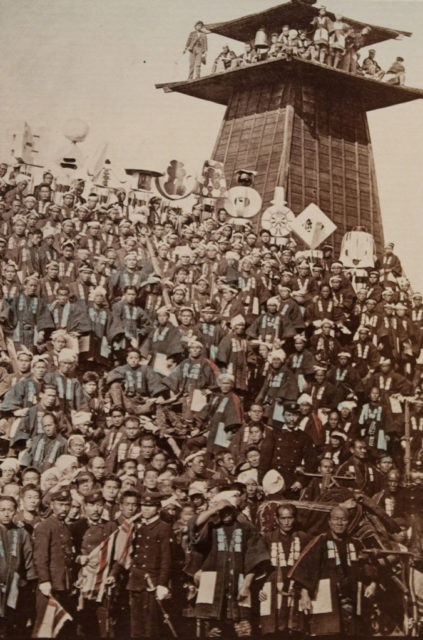
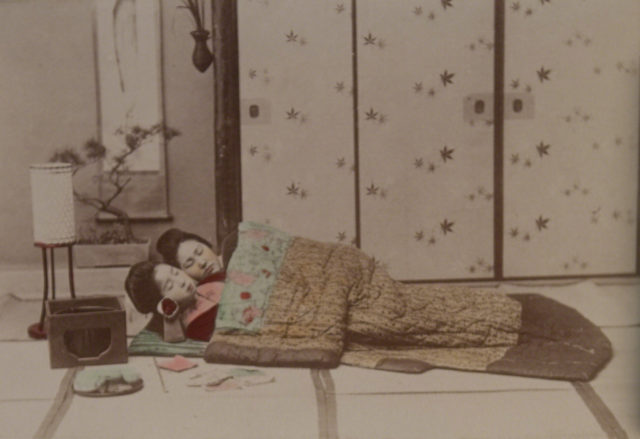
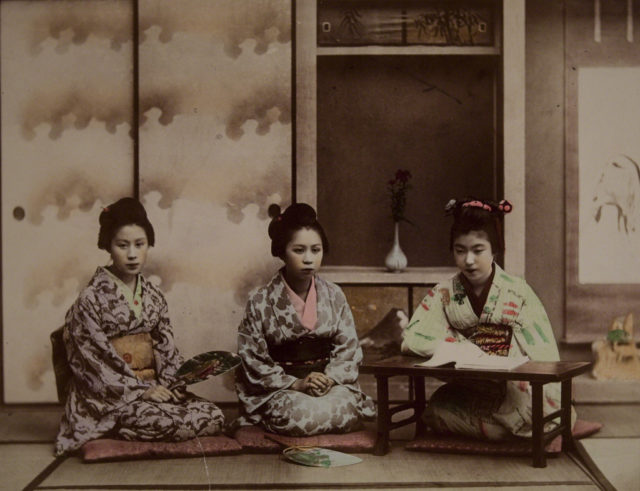
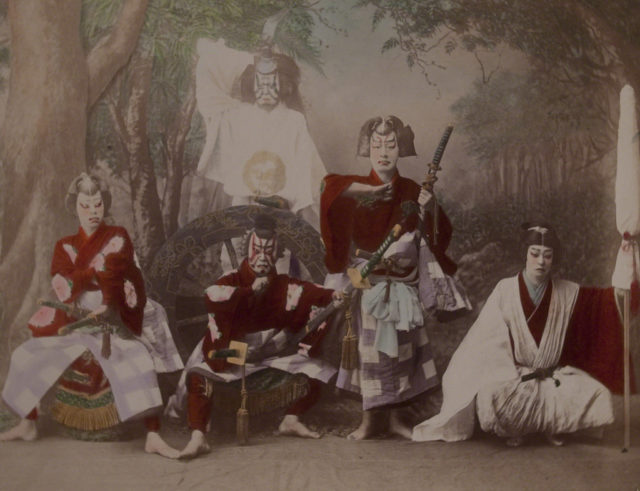
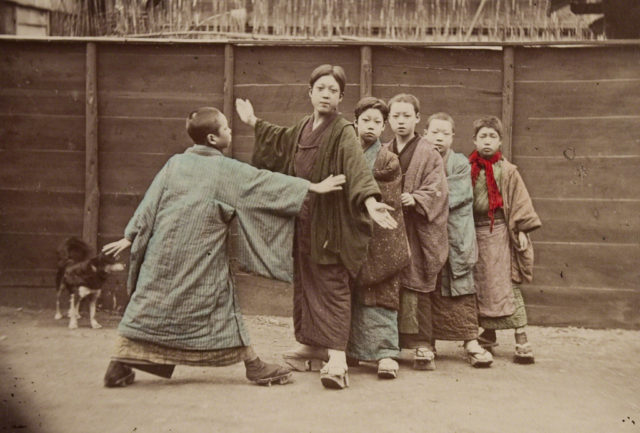
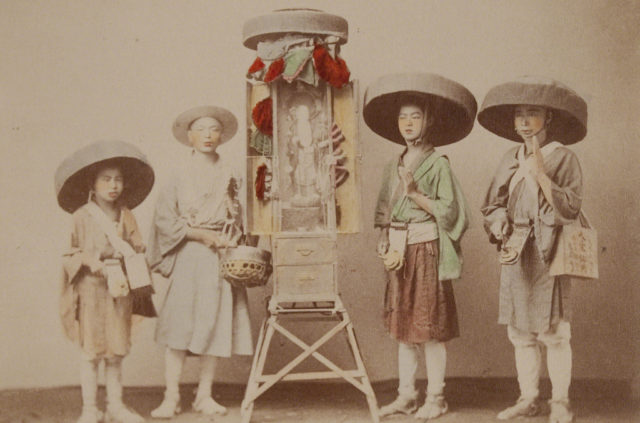
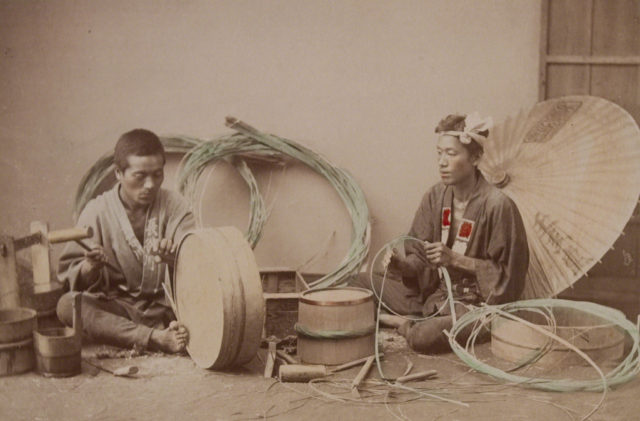
With the death of Emperor Meiji in 1912, this period of progress and modernization in Japan ended. The Meiji era was succeeded by the Taishō period upon the accession of Emperor Taishō to the throne.
